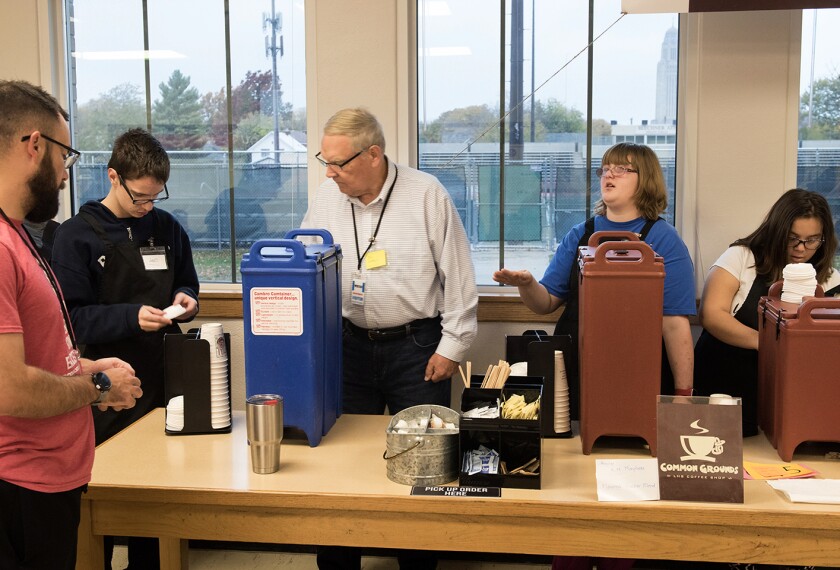Students with disabilities often take state tests with accommodations, such as extra time, so that the exams more accurately measure what they know and can do.
But states often have a hard time determining which accommodations to allow in order to level the playing field for such students, and which to prohibit because they change the nature or difficulty of what’s being tested.
In 1999, Advocates for Special Kids sued the state of Oregon on behalf of a group of students with learning disabilities and their parents who claimed that the state’s list of allowable accommodations was too limited.
As part of a settlement in that case, A.S.K. v. Oregon State Board of Education, the state agreed to an unusual guiding principle: The state would consider all accommodations valid unless and until research proved otherwise.
To decide which accommodations to add to its list, the state has a panel that includes researchers, administrators, classroom teachers, and experts in testing, disabilities, and academic content. Although the panel existed before the lawsuit, the review process was formally documented as part of the settlement in that case.
Parents and teachers are invited to submit proposals for anything they think should be added to the list of allowable accommodations in the state’s test-administration manual.
The panel meets three or four times a year to review the proposals. While its members consider the available research, they also consult case law and use their own professional expertise and judgment.
To help guide the group’s work, Oregon has developed a series of questions and criteria.
For example: What content and level of performance is the test supposed to measure? What’s the purpose of the proposed accommodation? How does it work, and how will it be used? How does it need to be done? If the accommodation is used, could it lead to a misinterpretation of test results? What is the impact on students of using the adaptation? And would it change the assessment system in some fundamental way?
The panel submits its recommendations, along with its rationale and any evidence it has gathered, to the associate state superintendent of education, who makes the final decision. The group also spells out, sometimes in great detail, how to use the accommodation during testing so that it meets the state criteria.
Since the process began, “we’ve continually increased the number of accommodations that are available,” says Patricia J. Almond, the evaluation specialist who facilitates the panel’s work for the Oregon education department.
“It’s a very responsive process, and it also holds a very high standard for the validity of test scores,” Almond says.
Gerald Tindal, a professor of education at the University of Oregon, says the panel has “done a very credible job of weighing evidence.”
He continues: “It’s more like a legal argument—where you go out and find the facts you can, and whatever circumstantial evidence there may be, and try to make an informed judgment.”
In the absence of clear research about which accommodations should be permitted, Tindal adds, “it’s not a bad way to go. I think the steps that Oregon uses in ascertaining an accommodation are the best I’ve seen.”




